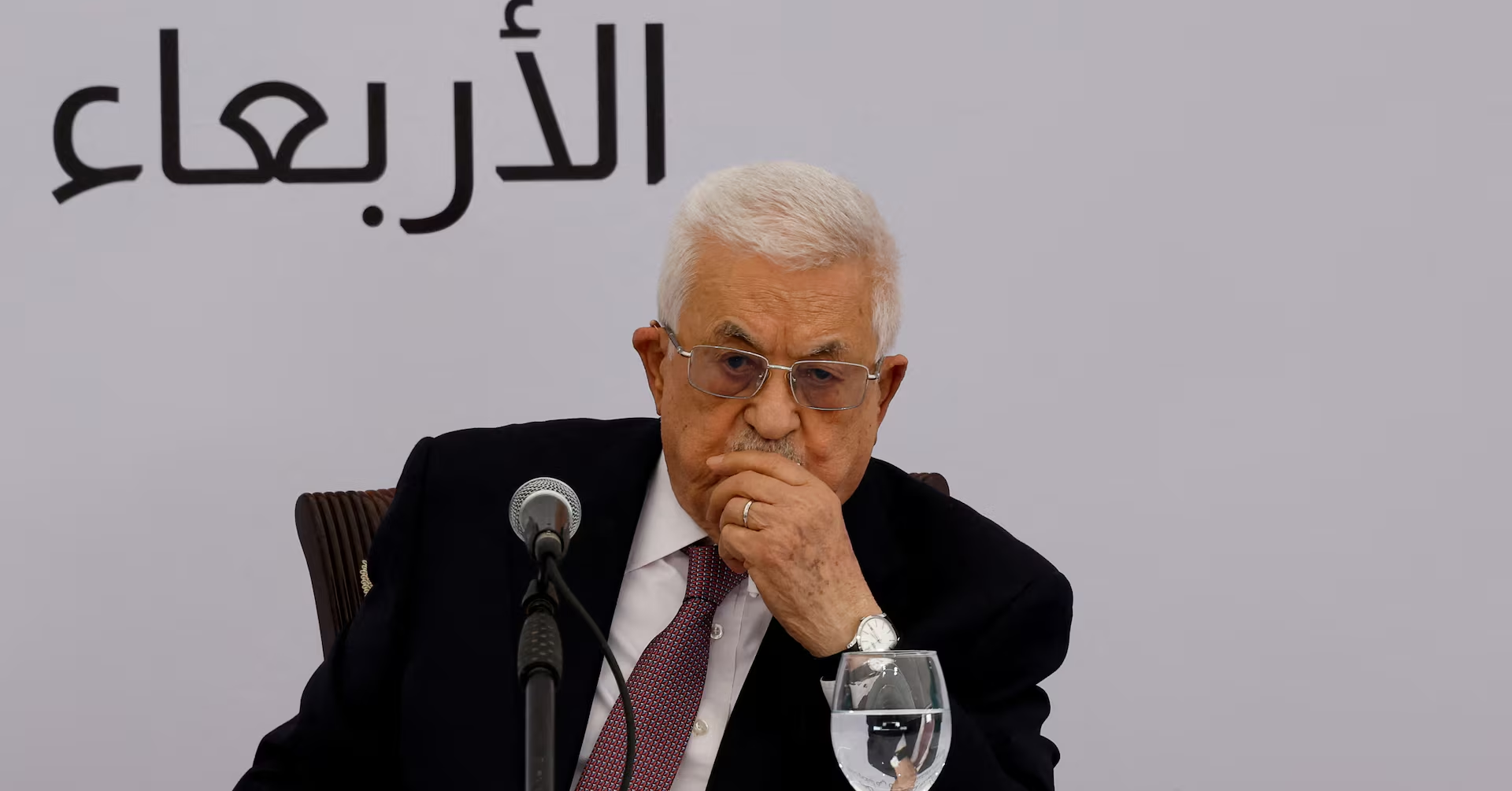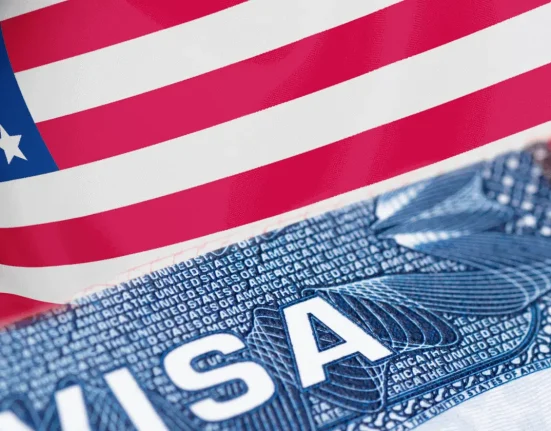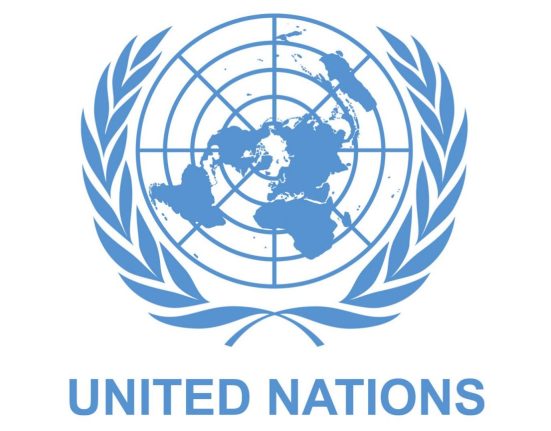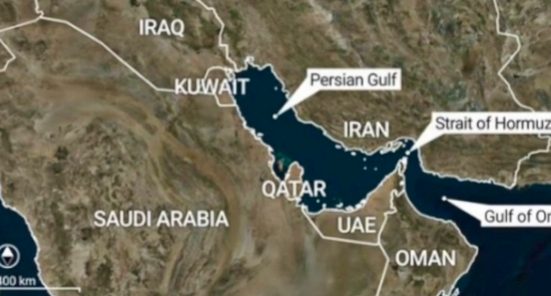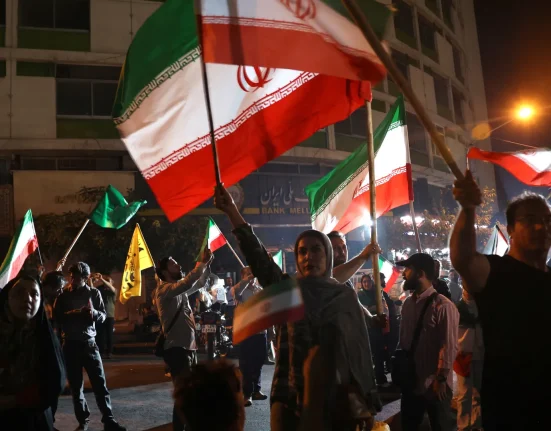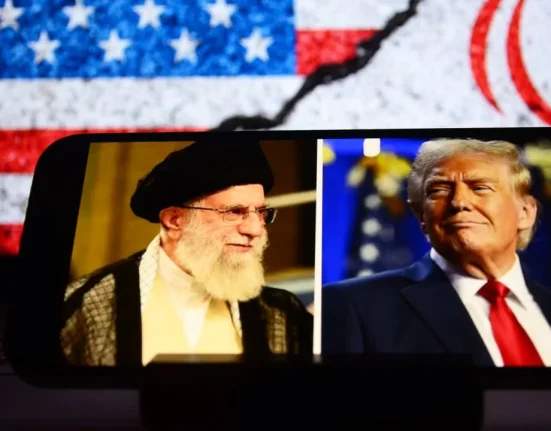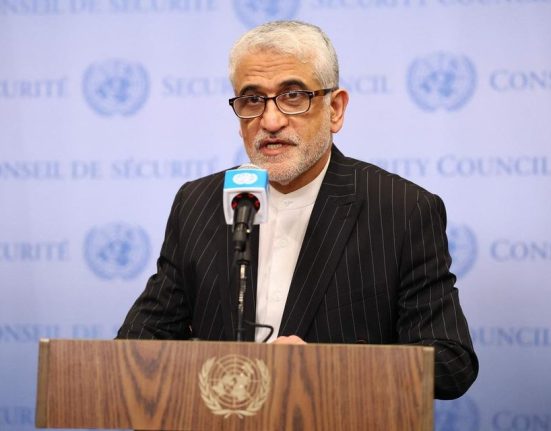A major diplomatic row is unfolding on the international stage following the United States government’s refusal to grant an entry visa to Palestinian Authority President Mahmoud Abbas ahead of his planned appearance at the 80th session of the United Nations General Assembly (UNGA) scheduled for September 2025 in New York. The decision has drawn strong reactions across the Arab and Islamic world, intensifying concerns over Washington’s role in obstructing diplomatic engagement at a critical time for the Middle East.
The development comes as several nations — including key U.S. allies in Europe and the Global South — are reportedly finalising coordinated moves to formally recognise the State of Palestine at the UN. These efforts mark a renewed wave of international support for Palestinian statehood, which many see as a long-overdue step toward a two-state solution. Against this backdrop, the exclusion of President Abbas from the annual diplomatic gathering has been widely interpreted as a political maneuver to stifle Palestinian representation on a global platform where such declarations are likely to gain traction.
In a strongly worded statement, the Arab Islamic Ministerial Committee on Gaza, which includes major stakeholders from the Gulf Cooperation Council (GCC), the Arab League, and the Organisation of Islamic Cooperation (OIC), condemned the U.S. decision. Speaking through the Saudi Ministry of Foreign Affairs, the Committee described the visa denial as a breach of the United Nations Headquarters Agreement, which mandates the host country to allow access to representatives of UN member and observer states participating in official functions.
The Committee warned that excluding the Palestinian leadership from the UNGA not only undermines the principles of diplomacy and dialogue but could escalate tensions across the already volatile region. It called on the U.S. administration to urgently reverse its decision in the interest of global peace, noting that the Palestinian Authority under President Abbas has consistently advocated for peaceful resolutions, reforms, and cooperation with international stakeholders.
Sources within the UN diplomatic corps confirmed that several member states, including longstanding Western allies, are advancing plans to push for a broader recognition of Palestine as a full UN member state.
While Palestine currently holds non-member observer status, the momentum toward full recognition has grown in recent years — particularly amid rising global frustration over the humanitarian crisis in Gaza and continued settlement expansion in the West Bank.
Political analysts argue that Washington’s move may further isolate the U.S. on the global stage, especially among nations that see Palestinian inclusion as a prerequisite for any credible peace initiative. President Abbas’s absence from this year’s UNGA could also hamper backchannel diplomatic talks and reduce the visibility of the Palestinian position in critical high-level meetings.
For now, the focus shifts to whether international pressure will force a policy reversal before the Assembly convenes.
As global attention turns to New York in the coming weeks, the implications of this diplomatic standoff could shape not just the future of the Palestinian cause, but also the credibility of the United Nations as a platform for equal representation.

